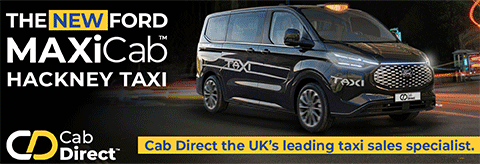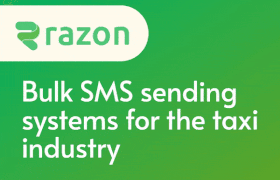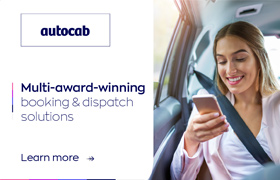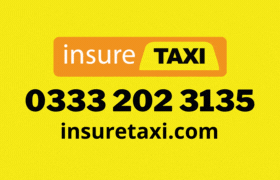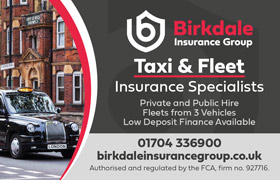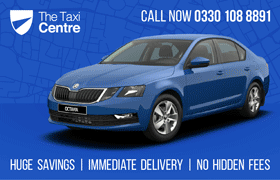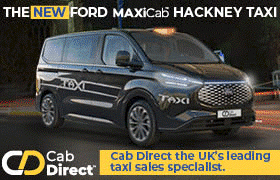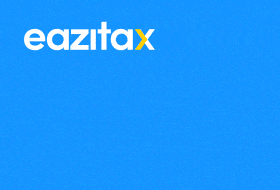TAXI BOSS SLAMS MISGUIDED BLAME IN GLASGOW NIGHTLIFE DECLINE ROW
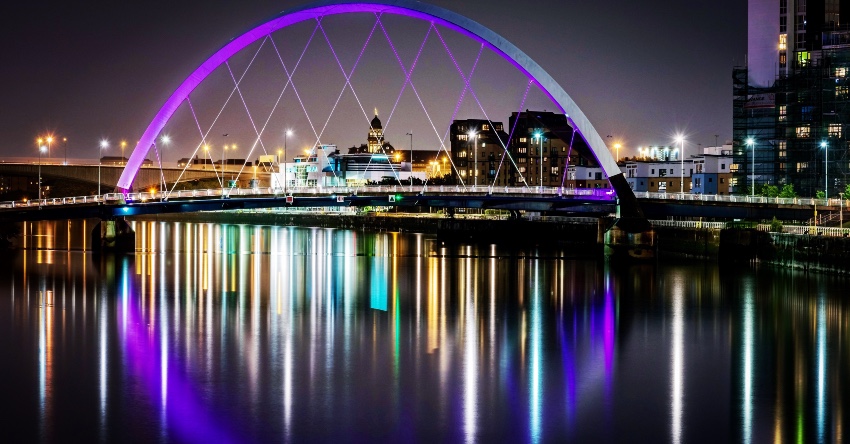
Glasgow's premier taxi operator has strongly refuted claims that a lack of available cabs is crippling the city's night-time economy, instead pointing to wider issues and behavioural shifts as the real culprits.
The assertion comes as a city council consultation closes on whether to lift the current cap on taxi and private hire car licences, a move advocated by some business leaders and Uber.
Glasgow Chamber of Commerce, among others, has suggested that a shortage of taxis and private hire vehicles is deterring people from visiting the city centre during evenings and weekends.
The current cap stands at 1,420 for taxis (with 1,227 currently operating) and 3,450 for private hire cars, a limit that the latter market has reached. Uber has also weighed in, claiming "thousands of hires going unmet" and pushing for the cap to be lifted to increase its fleet and driver numbers.
However, Glasgow Taxis, the city's established organisation, has vehemently rejected these arguments, warning that an increased supply of vehicles would only lead to existing drivers struggling to earn a living.
In its submission to the council, the company highlighted a Chamber of Commerce study itself, which identified overall safety, cleanliness, and the availability of alternative entertainment as key factors influencing city centre visits.
"In that survey, 80% of city centre visitors (and 82% of non-visitors) expressed a desire for improved late-night train service, and extended operating hours for trains and buses were the most cited improvement that would encourage more visits," the taxi firm stated.
They further argued: "Taxis and private hire often fill the gap created by limited late-night public transport, rather than being the first-choice mode for most people leaving the city centre."
Glasgow Taxis also pointed to broader societal changes impacting footfall. "The after-effects of the pandemic, coupled with the ongoing cost-of-living crisis, have changed many individuals’ habits," they noted, citing an "emerging preference for different social patterns," including earlier nights out and a growing trend of alcohol abstinence, especially among younger adults.
Addressing claims of insufficient taxi availability, a rank survey conducted by Glasgow Taxis at Gordon Street across four Saturdays in January and February found that even during peak times, "at no time was there an absence of taxis available at or near the rank."
The report concluded that passenger waiting times were not due to a lack of taxis but rather issues with "the speed at which those taxis could be processed and loaded," blaming poor traffic management, delays from cash-only payments, fare negotiations, and occasional driver misconduct.
The report definitively stated: "Adding more taxis beyond the numbers already in circulation would likely not have increased the number of trips provided in those hours, because the rank and road constraints were the governing factor."
Instead of simply increasing numbers, Glasgow Taxis has recommended improvements to ranks, stricter enforcement of parking and traffic regulations, mandatory card payment options, and the inclusion of taxis in wider public transport enhancements. They also suggested considering "night shift only licences" to address specific peak demand concerns.
Dougie McPherson, chair of Glasgow Taxis, was unequivocal in his stance. "We are not in step with some in the city on this issue," he declared. "The struggles of the night time economy are affected by a lot of other factors, like working from home, behavioural changes, people staying in the local areas, city centre parking charges, yet the blame is being laid at the door of the taxi trade."
McPherson dismissed lifting the cap as "the path of least resistance" and "unsustainable to cater only for peaks." He specifically criticised Uber, stating they are the "only supplier in favour of removing the cap" and "fight against regulation wherever it exists," while claiming their drivers struggle to make a living on the digital platform.
"We are the only city with a cap. That doesn’t mean we are wrong to have a cap," McPherson asserted. He concluded by reiterating the core issue: "Late night trains and buses are poor and the underground goes off early. To lay this at the door of the taxis and private hires is misguided."
The decision now rests with the council’s Licensing and Regulatory Committee, which will determine whether to maintain or lift the cap on vehicle licences.
Read another story
- GENEROUS LANCASTER CABBIE OFFERS FREE RIDES ON FINAL DAY BEFORE RETIREMENT
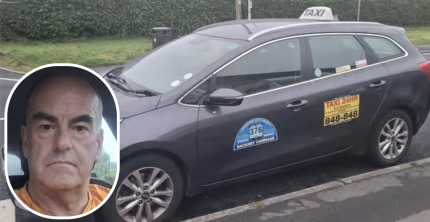
Anthony Wilson, who has served the community for over two decades with 848848 taxis, hung up his keys for the last time on Friday, May 30.

- CHICHESTER TAXI DRIVERS FACE ANOTHER FEE HIKE AS COUNCIL SEEKS TO BALANCE BOOKS
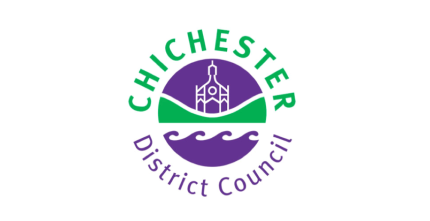
he move comes after a forecasted shortfall of £23,700 in the council's hackney carriage and private hire vehicle licensing budget.

- ALLEGED MID WALES FARE DODGER SKIPS COURT APPEARANCE

A man accused of failing to pay a nearly £100 taxi fare for a journey across Mid Wales did not appear in court on Tuesday 3 June, prompting magistrates to issue an arrest warrant.

- EAST DEVON TAXI FARE OVERHAUL HITS THE BRAKES AMIDST DRIVER APATHY
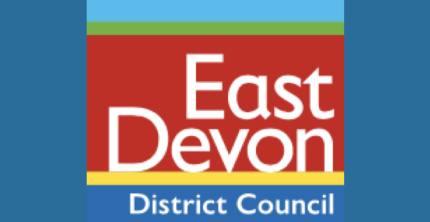
Plans to introduce a more precise method for calculating maximum taxi fares in East Devon have been stalled due to a dismal response rate from local hackney carriage drivers.

- SHEFFIELD TAXI DRIVERS HAIL VICTORY AS EMR DROPS PERMIT CUTS AMID GRIDLOCK ROW
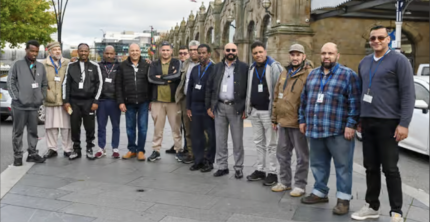
The decision marks a victory for cabbies who had been vocal in their opposition, even resorting to a payment strike last year.

- WARRINGTON MUMS BUS LANE NIGHTMARE CABBIE REGISTERS VEHICLE AT HER ADDRESS RACKING UP £770 IN FINES
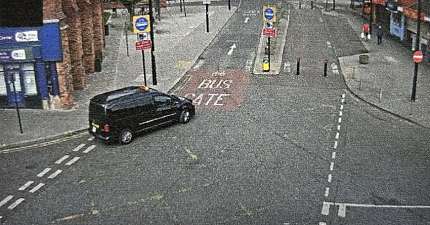
Anna Brunskill, 49, received 11 penalty notices, nine of which arrived on the same day, despite having no connection to the vehicle or its driver.

- POLICE URGE WREXHAM PUBLIC TO USE LICENSED TAXIS AFTER "UNAUTHORISED" VEHICLE REPORT

North Wales Police have issued a stark warning to the public in Wrexham, advising them to exercise caution when choosing taxis after a report of an "unauthorised taxi" operating in the city.

- MANCHESTER'S MANTAX BLACK CABS REBRAND AS COMCAB MANCHESTER JOINING NATIONAL NETWORK
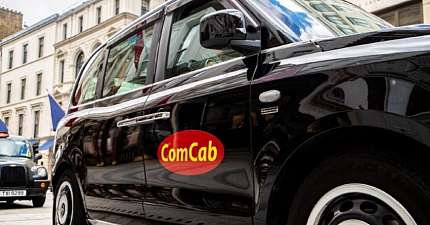
The largest hackney carriage fleet in Manchester, will continue to provide a safe and reliable service across the city, provided by drivers with unrivalled regional knowledge.

- FREENOW APP LAUNCHES IN COVENTRY A QUICK AND EASY WAY TO BOOK A TAXI
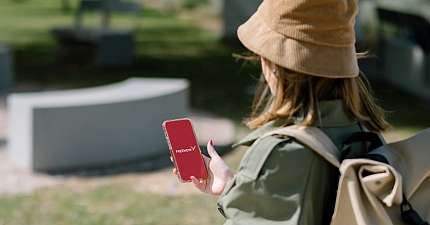
In partnership with Lewis Taxis, a trusted local company serving the area for 50 years, FREENOW is now offering a quick and easy way for locals and visitors to book taxis in the city.

- GRANGEMOUTH'S KERSE CABS HONOURED WITH JIMMY AWARD FOR COMMUNITY SPIRIT
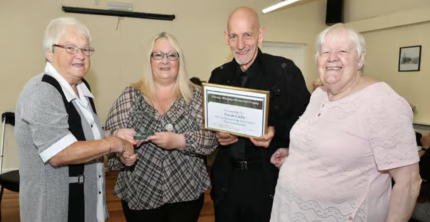
Kerse Cabs earned the accolade for consistently going "the extra mile" for local residents.

- DENBIGHSHIRE COUNCIL FACES LEGAL RISK AFTER RELAXING TAXI AGE RULES FOR WAVS
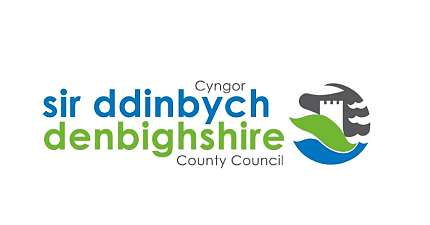
The decision, made at a committee meeting on June 3, followed a consultation with around 300 hackney carriage drivers and private hire vehicle licence holders.

- PETERBOROUGH COUNCILLOR PUSHES FOR MANDATORY UK WIDE TAXI CCTV AMID SAFETY DEBATE
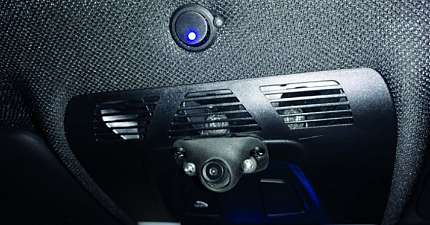
Cllr Daisy Blakemore-Creedon, 19, believes such a measure would boost public confidence, particularly for those travelling late at night.

- INVESTIGATION INTO UNPAID SWINDON TAXI FARE CONTINUES
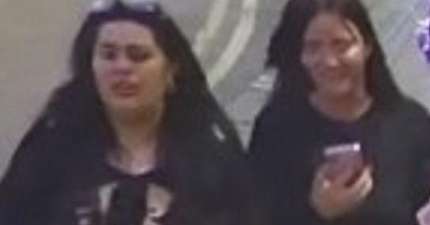
Police have released an image of two women they would like to speak to regarding an ongoing investigation.

- TRAFFORD CENTRE STING MEANS UNINSURED PH DRIVER TO PAY OVER £1,200 FOR ILLEGAL PLYING

Anees Arif, 52, of Lees, Oldham, pleaded guilty to multiple offences, including illegally waiting in a hackney carriage rank and accepting an uninsured fare.

- 120 BURY DRIVERS FACE IMMEDIATE SUSPENSION OVER UNCHECKED CRIMINAL RECORDS
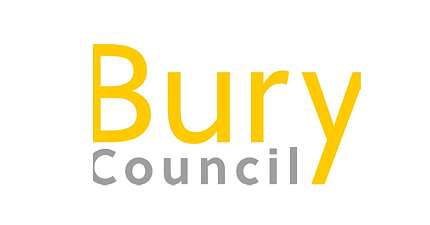
This drastic measure comes after numerous attempts by the local authority to get drivers to agree to register for the Disclosure and Barring Service (DBS) update service.

- THE KNOWLEDGE TEST MAY BE AXED FOR BRISTOL LICENSED PRIVATE HIRE DRIVERS
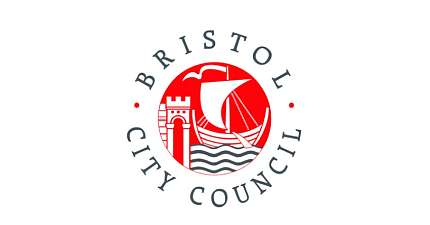
First introduced in 1865, the 90-minute Knowledge test requires drivers to learn thousands of routes across the city but a report states that just eight of the 133 people who took the test this year had passed.

- TWO DRUNK PASSENGERS WERE ABANDONED BY THE SIDE OF A MOTORWAY FOR BEING SICK IN CAR
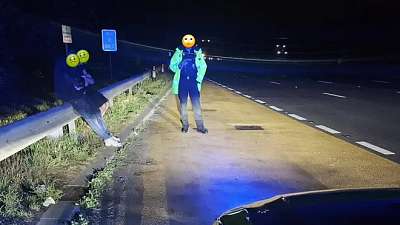
Thames Valley Police said the inebraiated two were dumped in a refuge bay on the M4 near Reading in the early hours of Sunday after a night out.

- MIDDLESBROUGH PH DRIVER LOSES LICENCE AMIDST "THROAT GRAB" CLAIM AND "SEXUAL VIOLENCE" THREATS
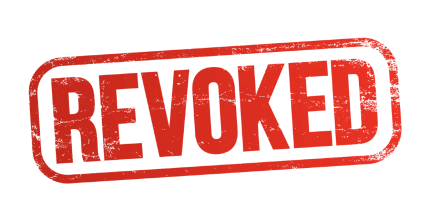
The decision to revoke his licence stems from what councillors deemed "abusive and threatening" messages, including a "serious threat of sexual violence," exchanged with a female passenger.

- UBER BUYS DENMARK'S LARGEST TAXI COMPANY, EXPANDING REACH ACROSS THE NATION
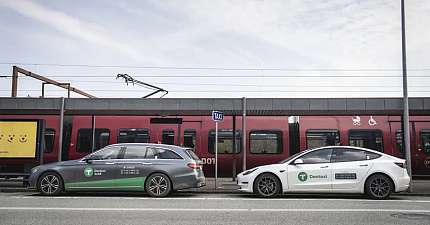
The deal, confirmed by Uber in a statement, will integrate Dantaxi's 3,500 drivers across 75 municipalities into the Uber app, significantly expanding the platform's reach beyond Copenhagen.

- UK FLYING TAXI MAKES HISTORY WITH CROSS COUNTRY ELECTRIC FLIGHT
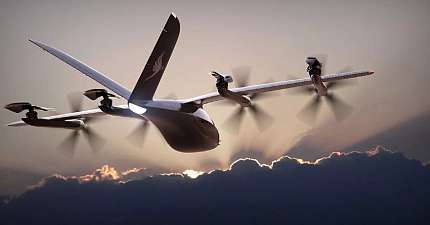
Vertical Aerospace, a Bristol-based pioneer in electric flying taxis, has made European aviation history with the successful piloted "wingborne" flight of its VX4 prototype across the UK countryside.


